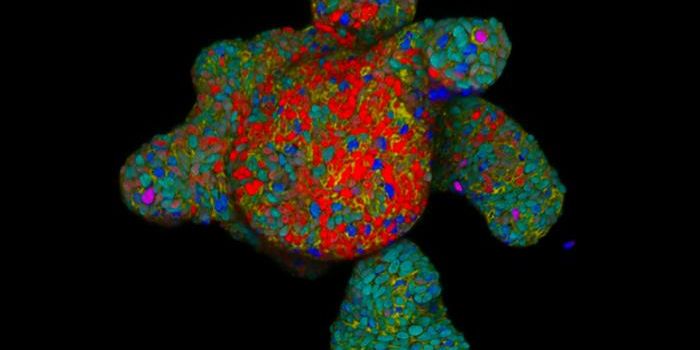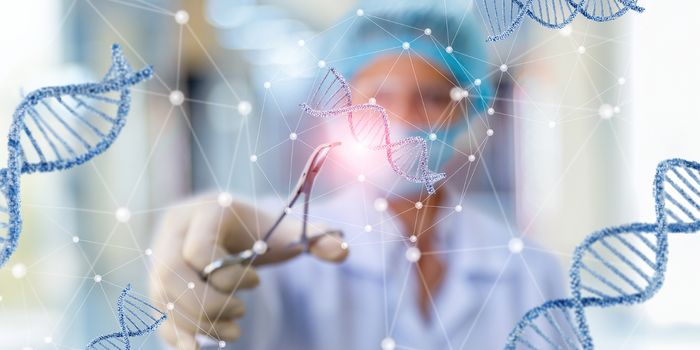How Neighborhoods Can Impact Gene Expression in Kids
Researchers followed 2,000 kids born in England and Wales until they were 18 years old, and determined that when young adults were raised in neighborhoods that had a higher degree of social disconnection, were more dilapidated, and economically deprived, their epigenome was altered compared to kids from better neighborhoods. Epigenetic tags are chemical groups that can be added to the genome, are heritable, and are influenced by environmental factors. They also change gene expression.
This research, which has been reported in JAMA Network Open, lends credence to the theory that epigenetics may be a link between disadvantaged neighborhoods and the higher rates of health problems and mortality that are seen in these communities (which is discussed in the video above). The study found epigenetic changes in genes that have been associated with chronic inflammation, air pollution and tobacco exposure, and may be increasing the risk of health problems later in life.
"These findings may help explain how long-term health disparities among communities emerge," said the lead study author Aaron Reuben, a graduate candidate at Duke University. "They also tell us that children who look the same physically and are otherwise healthy may enter adulthood wired at the cellular level for different outcomes in the future."
The differences identified by the researchers remained consistent even when they considered socioeconomic status in their analysis. They happened in young people that were nonsmokers and did not have markers indicating high inflammation. The researchers don't yet know whether these changes are permanent, or could be changed later.
"That is something we will need to continue to evaluate," Reuben said.
In this research, the scientist utilized data from many sources including Google Street View, criminal justice databases, neighborhood surveys, and epigenetic data that came from blood draws that were taken when volunteers were 18 years of age.
"The research is an important reminder that geography and genes work together to shape our health," said a senior study author, Avshalom Caspi, the Edward M. Arnett Professor of Psychology & Neuroscience at Duke.
Access to healthcare can be a serious problem for disadvantaged communities. Learn more from the video.
Sources: Science Daily via Duke University, JAMA Network Open









